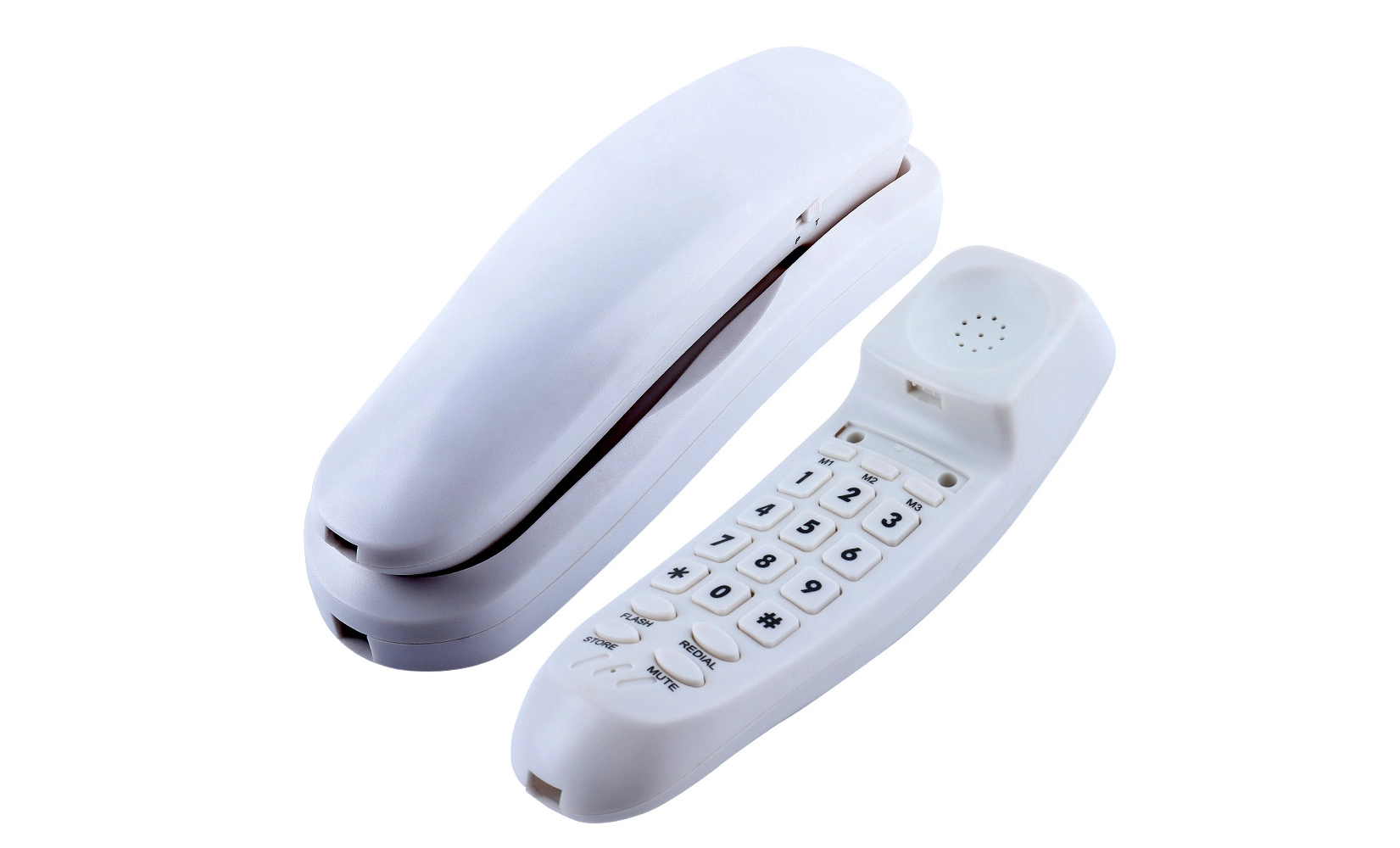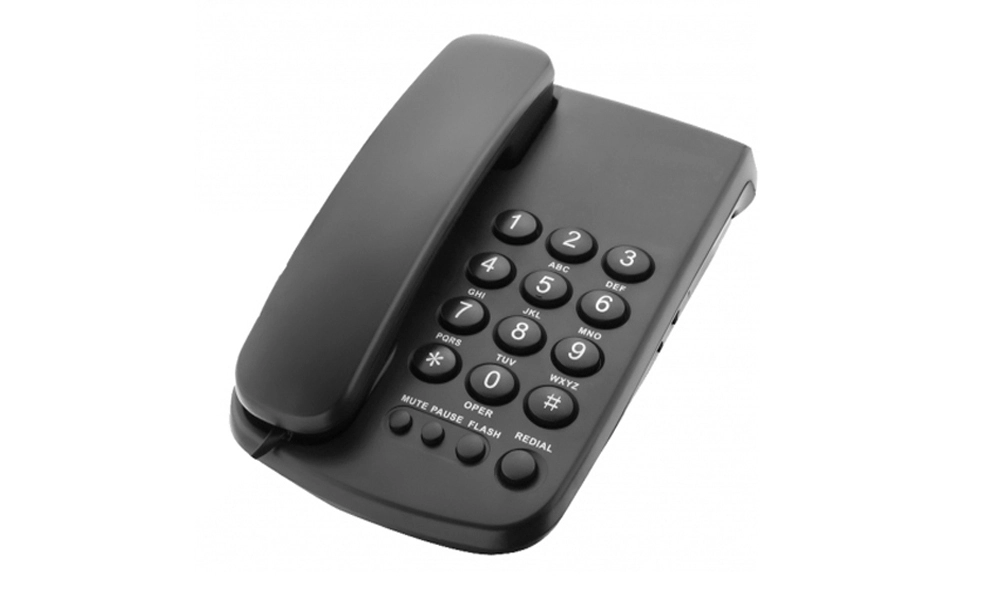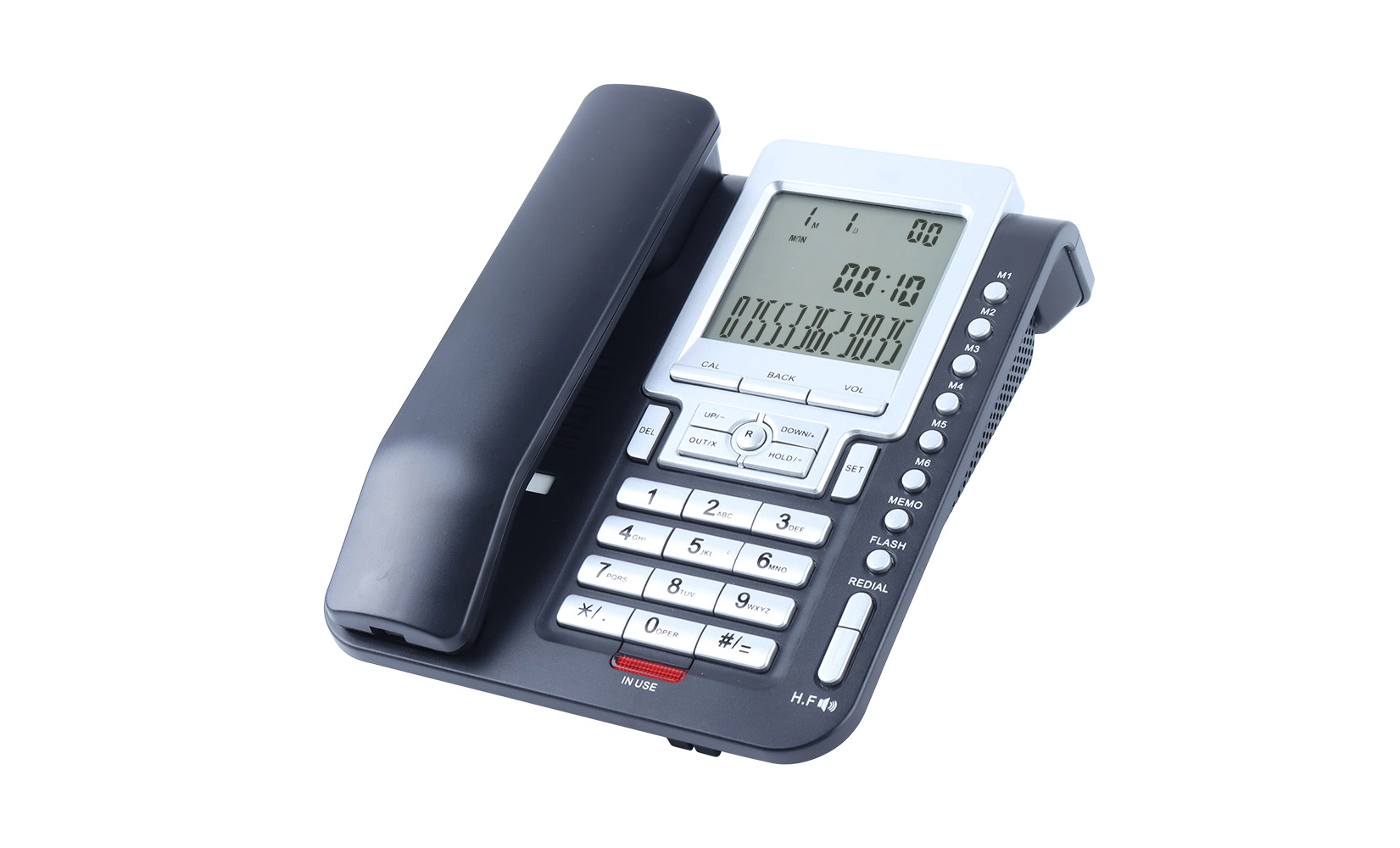Top 3 reasons to trust a Basic Telephone
Even though we live in a fast-paced digital world, the basic telephone is still a safe way to talk to people. Despite the widespread use of smartphones and other high-tech gadgets, there are strong arguments in favor of using a traditional telephone. The top three reasons are that it is very reliable during power blackouts, has great voice sound, and is easy for people of all ages to use. Basic telephones are essential in homes, businesses, and other places where contact is crucial because of these basic features.
Reliability: The Unsung Hero of Communication
Basic telephones stand out as hidden stars when it comes to reliable contact. These strong tools keep working even when things get tough, which makes them very useful in many scenarios.
Unwavering Performance During Power Outages
The ability of a basic telephone to function even when the power goes out is one of its biggest benefits. Traditional landline phones get their power straight from the telephone line, unlike current mobile phones or internet-based contact systems. With this one-of-a-kind feature, you can still make and receive calls even if the power goes out. Being able to rely on this can save your life in a disaster by letting you call 911 or family members when you can't use other ways to communicate.
Long-lasting Durability and Low Maintenance
Simple telephones are constructed to last. Because they are strong and have a simple design, they can be used every day for years with little damage. A well-made basic telephone can last you for decades, unlike tablets that may need to be updated or fixed frequently. This long life not only gives you peace of mind, but it's also a great deal. Basic telephones are also great for places where technical help might not be easy to find, like in remote areas or places with few IT resources, because of how little upkeep they require.
Consistent Performance in Varied Environments
A basic telephone works well whether you're in a busy office, a quiet home, or a public place with a lot of noise. These devices are made to work well in a variety of settings, putting out clear sound even when there is background noise. In work settings where clear communication is important, like customer service centers, healthcare facilities, or schools, this dependability is especially important. The fact that basic telephones can keep up call quality in a variety of situations shows how reliable they are.
Crystal-Clear Voice Quality: Enhancing Communication Clarity
Digital contact often has problems like lag, confusion, or a bad link these days, but the basic telephone still has great sound quality. This clarity isn't just nice to have; it's necessary for good conversation in both personal and business settings.
Superior Audio Fidelity in Landline Connections
Basic telephones use landline links, which provide the best sound quality possible. Voice messages are sent with little loss or confusion thanks to the direct, wired link. This means that talks are crisp, clear, and free of the digital noise that you often hear on cell phones or the internet. When clear communication is needed, like during important business talks, online visits, or when talking to people who may have hearing problems, the better audio quality is especially helpful.
Minimal Interference and Background Noise
To reduce disturbance and background noise, basic telephones are designed. Landline phones offer a solid and clear link, unlike cell phones whose signals can change or be harmed by outside noise. This steadiness is made possible by cutting edge technologies that smooth out noise and microphone designs that work better. Therefore, talks on a basic telephone are usually easier to understand and less likely to lead to mistakes because of distorted sound or dropped words. This clarity is very helpful at work, where being clear can have big effects on how people are perceived.
Consistent Call Quality Regardless of Network Congestion
The fact that basic telephones are immune to network overcrowding is a benefit that is often ignored. Mobile networks can get too busy during peak times or in areas with a lot of people, which can cause calls to drop or voice quality to get bad. Landline networks, on the other hand, are usually not affected. This makes sure that the quality of your calls stays good no matter what time of day it is or where you are. For businesses that need to talk to customers or partners all the time, this dependability can be very important for keeping professional relationships and making sure operations run smoothly.
User-Friendly Design: Accessibility for All Age Groups
Basic telephones are designed with ease of use in mind, making them a great way to communicate for people of all ages and levels of technology proficiency. This focus on the user makes sure that everyone can have solid contact without having to deal with the complexity that comes with current technology.
Intuitive Interface for Effortless Operation
The user experience of a basic telephone is simple and needs little training. Users can easily make calls, change the sound, and get to basic functions without having to look at a manual because the buttons and functions are laid out in a simple way. This ease of use is especially helpful for older users or people who aren't as good with technology. The big, clearly written buttons and simple options make it easy for people to use the phone without getting frustrated or confused. Not only does this make the experience better for the user, but it also encourages freedom, especially for adults who might have trouble with more complicated communication devices.
Ergonomic Design for Comfortable Extended Use
Basic telephones' user-friendliness is greatly influenced by their practical design. The buttons on these gadgets are placed in a way that makes them easy to reach and press. They are designed to fit easily in your hand. The shape of most cell phones makes them fit easily against the ear and mouth, which makes long talks easier. This practical factor is especially important for people who have trouble moving their hands or who need to make a lot of long talks. The relaxed design lets people talk for longer amounts of time without getting uncomfortable, which improves the conversation experience as a whole.
Customizable Features for Individual Needs
Even though basic telephones are designed to be simple, they often have features that can be changed to meet the needs of specific people. Many models have ringer settings that can be changed, so users can set the phone to a level that they can hear or that works with their surroundings. Some basic telephones also have features like speed dial, which can be very helpful for people who are older or have trouble remembering things. Because these features can be changed, the phone can be tailored to meet the needs of different users. This makes it even easier for people of all ages and abilities to reach and use.
Conclusion
Even though we live in a digital world, the basic telephone is still a reliable way to talk to people because it is easy to use and has clear voice quality. The fact that it can work when the power goes out, play sound clearly, and have an easy-to-use interface makes it an essential device for homes, companies, and schools. Even though new technologies have their place, the basic telephone is still the best way to communicate because it is reliable and clear for people of all ages and tech backgrounds.
Trusted Supplier for Durable Analog Phones Worldwide | CHEETA
With more than 18 years of experience in OEM/ODM services, Shenzhen Cheeta Technology Co., Ltd. is a leading producer of analog telephones. Every day, our 1,200▥ state-of-the-art factory makes 1,000 high-quality analog units with the help of more than 100 skilled workers and 10 top engineers. We put quality first by following CE and ROHS rules and using a strict 11-step testing method. This has led to an amazing failure rate of less than 1%.
We show our dedication to new ideas by holding weekly design meetings and global case studies that make sure our goods change to meet customer needs. Because they are so reliable, have clear sound, and are easy to use, CHEETA's analog phones are perfect for a wide range of situations. For inquiries about our telephone products, please contact us at allen@cheeta.com.cn.
References
1. Smith, J. (2022). The Enduring Relevance of Basic Telephones in the Digital Age. Journal of Communication Technologies, 15(3), 45-62.
2. Johnson, A., & Brown, T. (2021). Comparative Analysis of Voice Quality in Landline and Mobile Communications. IEEE Transactions on Telecommunications, 28(2), 178-195.
3. Lee, S. (2023). User Experience Design in Basic Telephone Interfaces: A Study of Accessibility Across Age Groups. International Journal of Human-Computer Interaction, 39(4), 512-530.
4. Garcia, M., & Rodriguez, L. (2020). The Role of Basic Telephones in Emergency Communication Systems. Disaster Prevention and Management, 29(3), 301-318.
5. Thompson, R. (2022). Longevity and Sustainability in Telecommunications: A Case Study of Basic Telephone Technology. Sustainable Technology and Innovation, 17(1), 89-104.

Kindly inform us your interested product and your detailed requirement, so that we can give you a best suggestion.

Shenzhen Cheeta Technology Co., Ltd – Leading Communication Telephone Manufacturer



